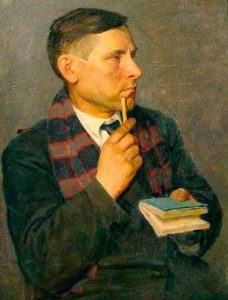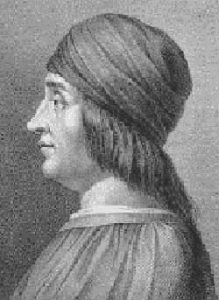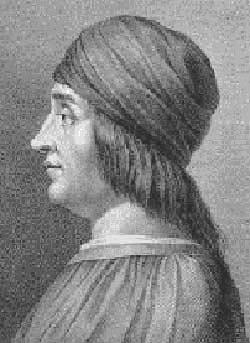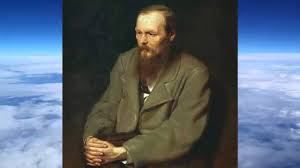connection between
Bulgakov “Heart of a Dog”
 A homeless dog Sharik, who lived in Moscow, was scrubbed with a boiling water by one cruel cook. It was December, and Sharik, with his side wounded from the burn, was threatened with starvation. He howled plaintively at the gateway, when a well dressed, intelligent-looking gentleman suddenly appeared from the door of a nearby store. To the surprise of the dog, this mysterious man threw him a piece of Krakow sausage and began to call for him.
A homeless dog Sharik, who lived in Moscow, was scrubbed with a boiling water by one cruel cook. It was December, and Sharik, with his side wounded from the burn, was threatened with starvation. He howled plaintively at the gateway, when a well dressed, intelligent-looking gentleman suddenly appeared from the door of a nearby store. To the surprise of the dog, this mysterious man threw him a piece of Krakow sausage and began to call for him.
Sharik ran after his benefactor on Prechistenka and in Obukhiv Lane. On the way, the lord threw him a second piece of Krakow. To Sharik’s even greater astonishment, a decent man called him into the luxurious entrance of a large, rich house and led all the stray dogs, the porter, past the original enemy. Continue reading
Bulgakov “Crimson Island”
 But – yet, how much more I read in the house of E.S. [Elena Sergeevna Bulgakova]. At first I reached for the “Crimson Island” (1927) – a brilliant satire, to a production that was banned at the root at the same time, only slightly flashed in the Chamber Theater …
But – yet, how much more I read in the house of E.S. [Elena Sergeevna Bulgakova]. At first I reached for the “Crimson Island” (1927) – a brilliant satire, to a production that was banned at the root at the same time, only slightly flashed in the Chamber Theater …
Parses laughter already from the subtitle of the play [1] and the confused list of characters. A double theater, a theater in a theater, the spirit of theatrical life – just a playwright cannot write such a thing, but a natural theater theater, which Bulgakov was. Continue reading
Boyardo, Matteo Maria, and his “Roland in Love”
 Matteo Maria Boyardo (1434 or 1441-1494) was descended from a noble surname, who zealously served the Este family (who owned Ferrara and Modena) and received from him in 1423 fief possession the county of Scandiano. Count Matteo Maria Boyardo studied in Ferrara, acquired a thorough acquaintance with Greek and Latin literatures, received the degree of Ph.D. and jurisprudence. The dukes of ferrara showed great respect for him; he married a girl from the Gonzag dynasty. From 1478 until his death, he almost continuously served as ruler of Reggio (in Lombardy). Modern lawyers blamed him for being too gentle, saying that he is better able to write poetry than to punish crimes. Continue reading
Matteo Maria Boyardo (1434 or 1441-1494) was descended from a noble surname, who zealously served the Este family (who owned Ferrara and Modena) and received from him in 1423 fief possession the county of Scandiano. Count Matteo Maria Boyardo studied in Ferrara, acquired a thorough acquaintance with Greek and Latin literatures, received the degree of Ph.D. and jurisprudence. The dukes of ferrara showed great respect for him; he married a girl from the Gonzag dynasty. From 1478 until his death, he almost continuously served as ruler of Reggio (in Lombardy). Modern lawyers blamed him for being too gentle, saying that he is better able to write poetry than to punish crimes. Continue reading



